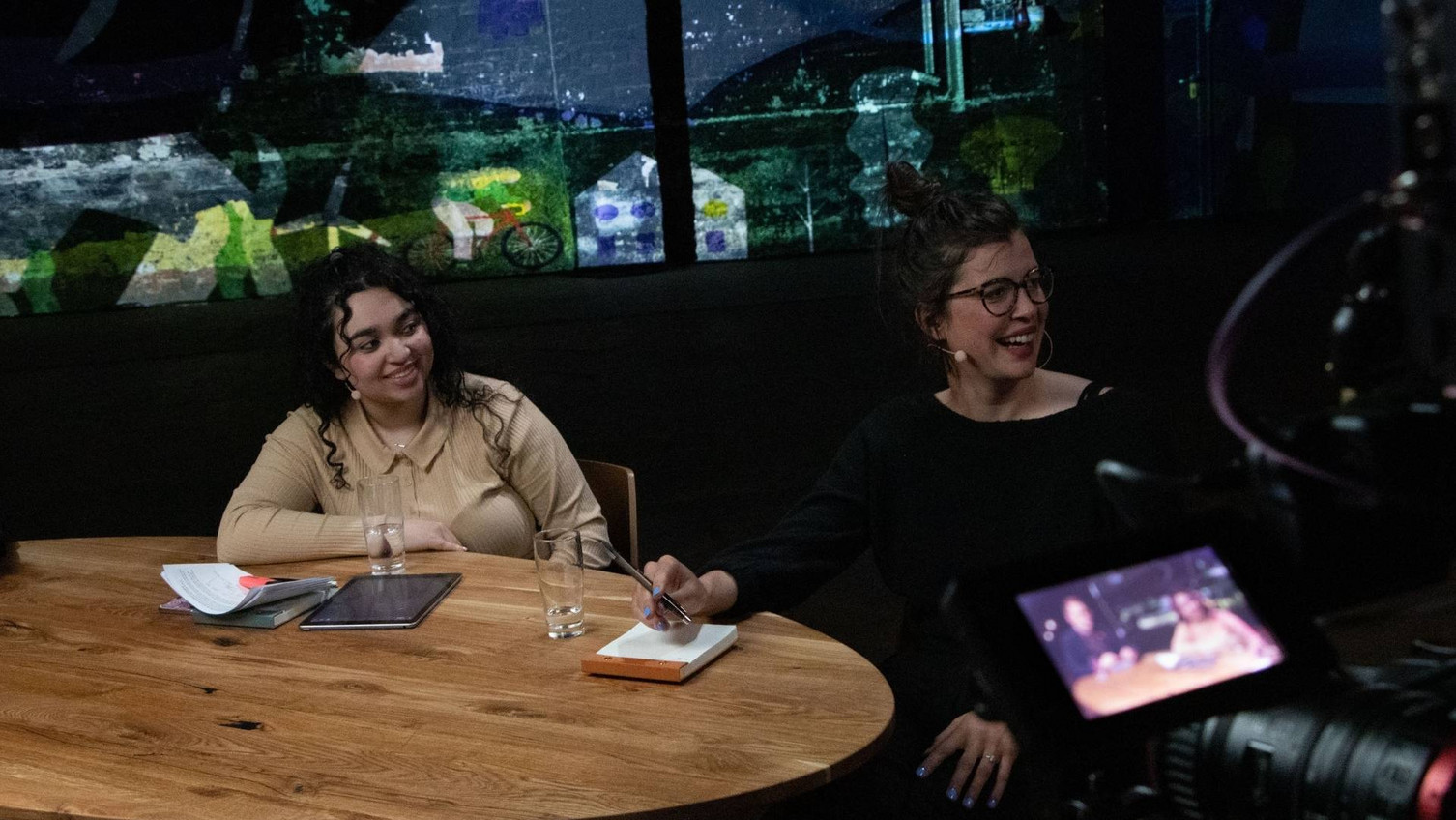Conference Week 2022: Refuge and Migration - "Mammoth Task of our Time"
2022-03-08 How can we shape immigration policy in a humane way? On the last day of this year's conference week, Mattea Weihe, sea rescuer at Sea-Watch, and Gerald Knaus, sociologist, and migration researcher, discussed refuge and migration. Their conclusion: "We have to integrate affected and civil perspectives!"
"We [Europe] have a deadly border and we have a situation of permanent and politically intended lawlessness," migration researcher Gerald Knaus starts the discussion. At no other border in the world is the probability of illegal immigrants dying on the run as high as at the European external border. Mattea Weihe, a sea rescue worker, adds that civilian sea rescue in the Mediterranean is actively blocked by the criminalisation of former captains.
"We can no longer cooperate with Libya, because people are being mistreated there," Knaus clarifies. For many years, the European Union has been working with Libya to prevent refugees from crossing the Mediterranean. Knaus proposes two strategies to deal with the large-scale refugee movement of the present: Refugees should be able to get directly to safe places without a VISA and so-called resettlement programmes, which provide for the permanent resettlement of people in need of protection, should be expanded. Weihe is sceptical about these ideas. The sea rescuer sees Knaus proposals merely as the introduction of a new deportation procedure. What is needed is a close look at our European structures: How can we think about migration and, above all, welcome culture in the future?
Weihe declares the question of what kind of climate is needed in order to assert the same rights for all people in the long term to be the "mammoth task of our time". She calls on the politicians in the Bundestag to give more support to civil society actors such as sea rescuers. They are agile, have an excellent network and have the ability to change society from the ground up. Finally, she shared her personal vision for politics: "If we unite actors like Gerald Knaus, civilian sea rescuers, the Minister of the Interior and affected people at one big table, then we can find solutions.
Omeima Garci, the moderator of the discussion, closed the final studio talk of the conference week 2022 with an appeal to the approximately 1300 first semester students: "Be courageous and question your own privileges when it comes to refuge and migration!"
This year's conference week focused on the question of a new social contract. In view of the rise of totalitarian violence in Europe, it is all the more important to strengthen our democracy with all its values. In addition to Mattea Weihe and Gerald Knaus, there were many other prominent guests from academia and society with whom students and interested parties could discuss.

